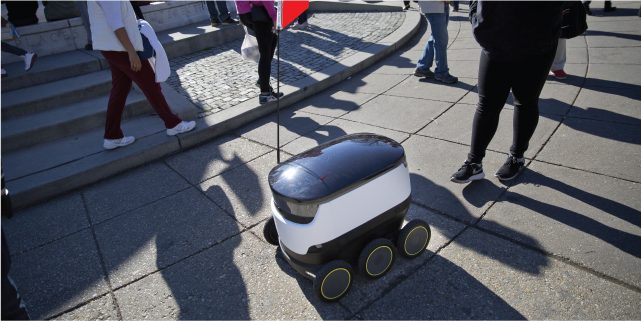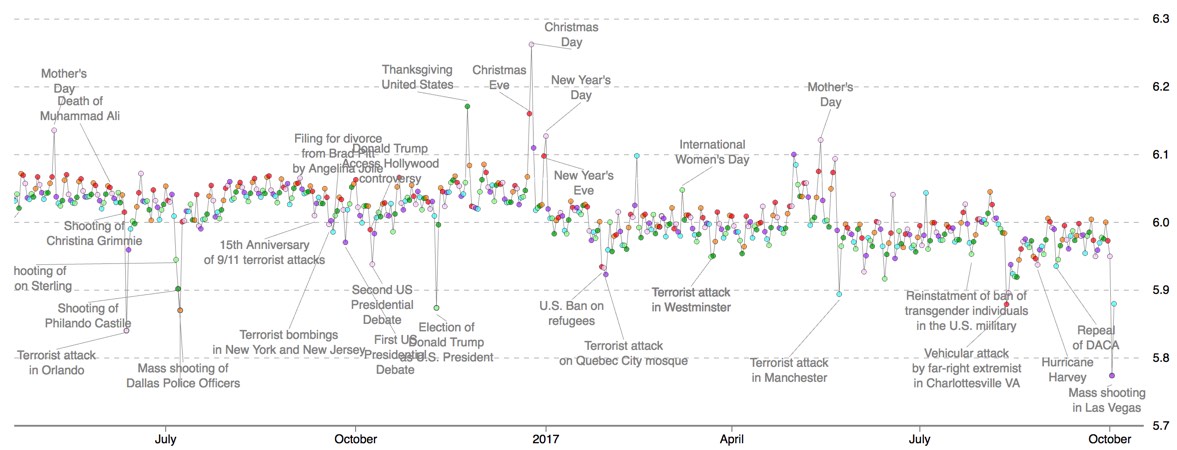
Many websites and applications these days are designed to trick you into doing things that their creators want. Here are some examples from timewellspent.io: YouTube autoplays more videos to keep us from leaving. Instagram shows new likes one at a time, to keep us checking for more. Facebook wants to show whatever keeps us scrolling. Snapchat turns conversations into streaks we don’t want to lose. Our media turns events into breaking news to keep us watching. But one of the most manipulative websites I’ve ever come across is Booking.com, the large hotel search and booking service. If you ever used Booking.com,

How realistic are the scenarios presented in the survey?
Some of the scenarios presented in the survey are more futuristic than others:
Advances in robotics and artificial intelligence have the potential to dramatically reshape the way that Americans live and work in the coming decades. A new Pew Research Center study finds that many Americans anticipate significant impacts from various automation technologies in the course of their lifetimes – from the widespread adoption of autonomous vehicles to the replacement of entire job categories with robot workers. And their attitudes frequently reflect worry and concern over the implications of these technologies for society as a whole.

The Hedonometer measures the average happiness of Twitter on a daily basis and the shooting in Las Vegas has pushed the index to a new low. The previous low point was after the terror attack in Orlando last July. The two other lowest scores have occurred in the past year and a half: the mass shooting of Dallas police officers and the election of Donald Trump, which is the only non-shooting or non-terror attack to achieve such a low score in the 9-year history of the index.

Data analysis company Gravwell ingested 22,000,000 comments sent to the FCC’s docket on Net Neutrality and posted their preliminary findings, which are that the majority of comments came from bots, and these bots oppose Net Neutrality; of the comments that appear to originate with humans, the vast majority favor Net Neutrality.
Twitter’s ‘LasVagas’ hashtag fail shows the worst part of algorithms
/https%3A%2F%2Fblueprint-api-production.s3.amazonaws.com%2Fuploads%2Fcard%2Fimage%2F610336%2Fe5c59c47-5e72-4c97-af95-bf88f87ef960.jpg)
On Tuesday, Twitter provided us with the perfect example of just how bad algorithms are at the news: #LasVagasShooting.


Discover more from Erkan's Field Diary
Subscribe to get the latest posts sent to your email.